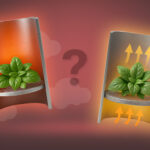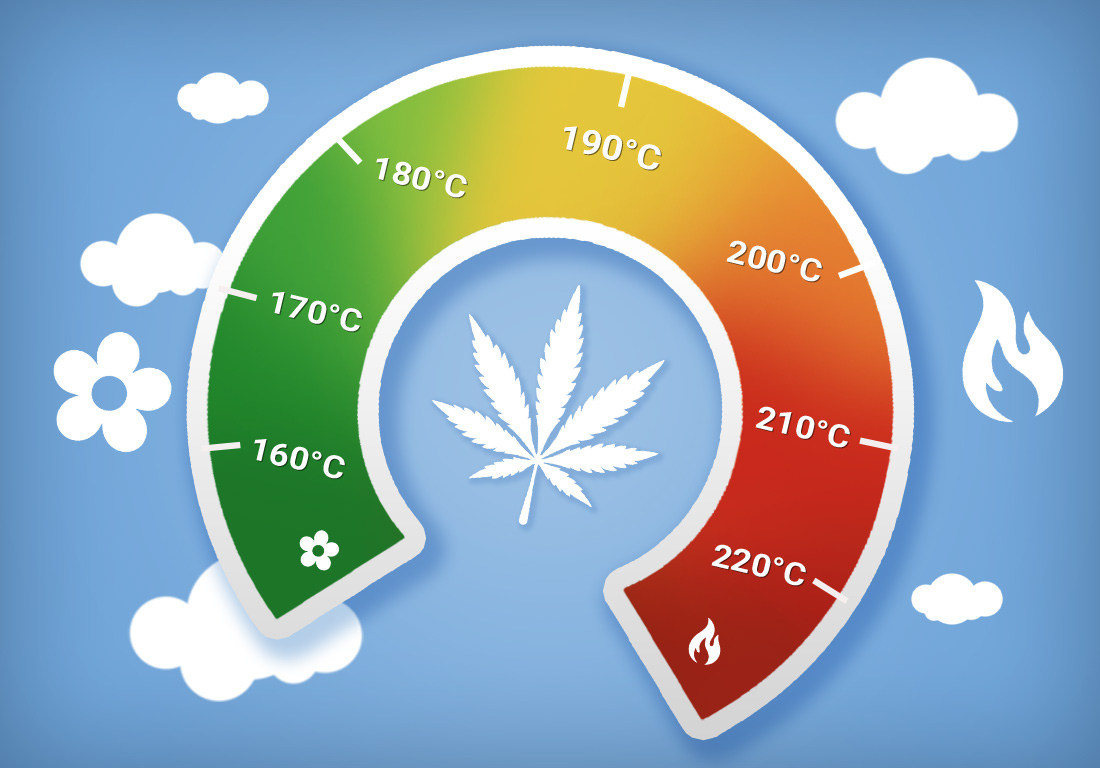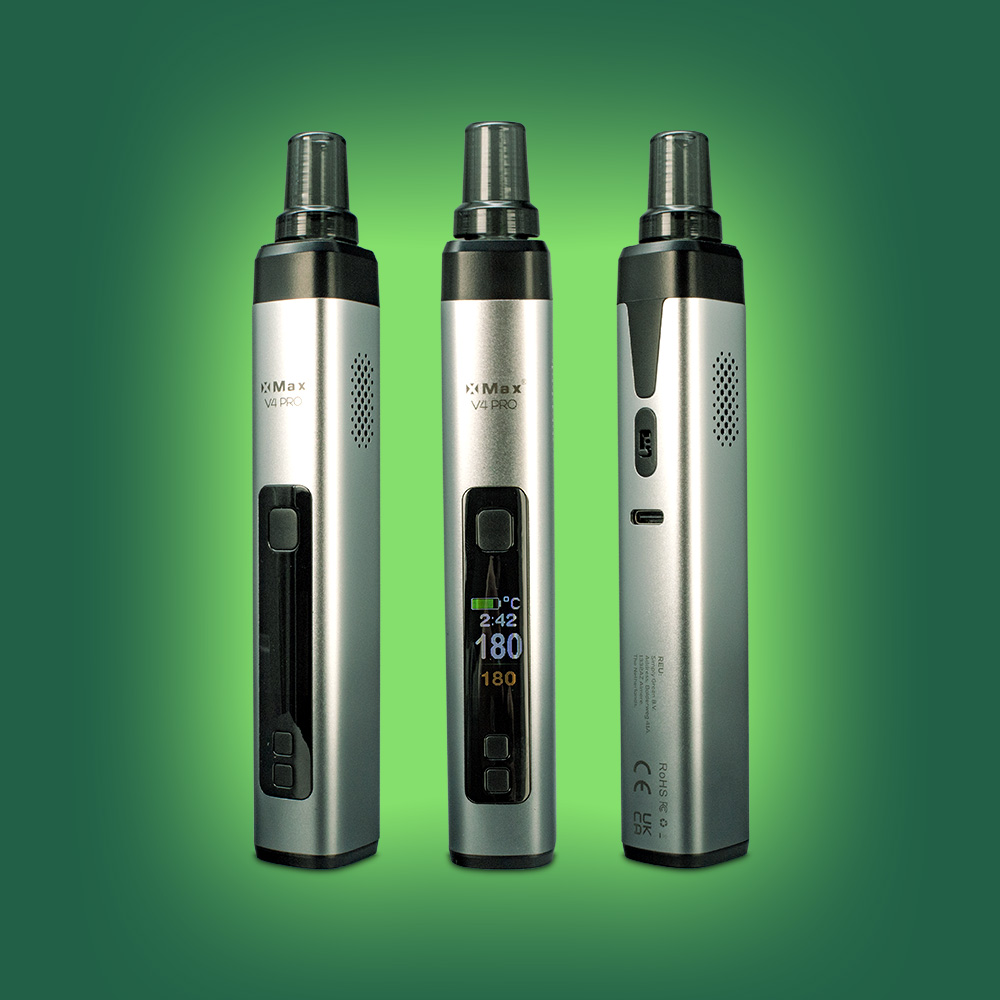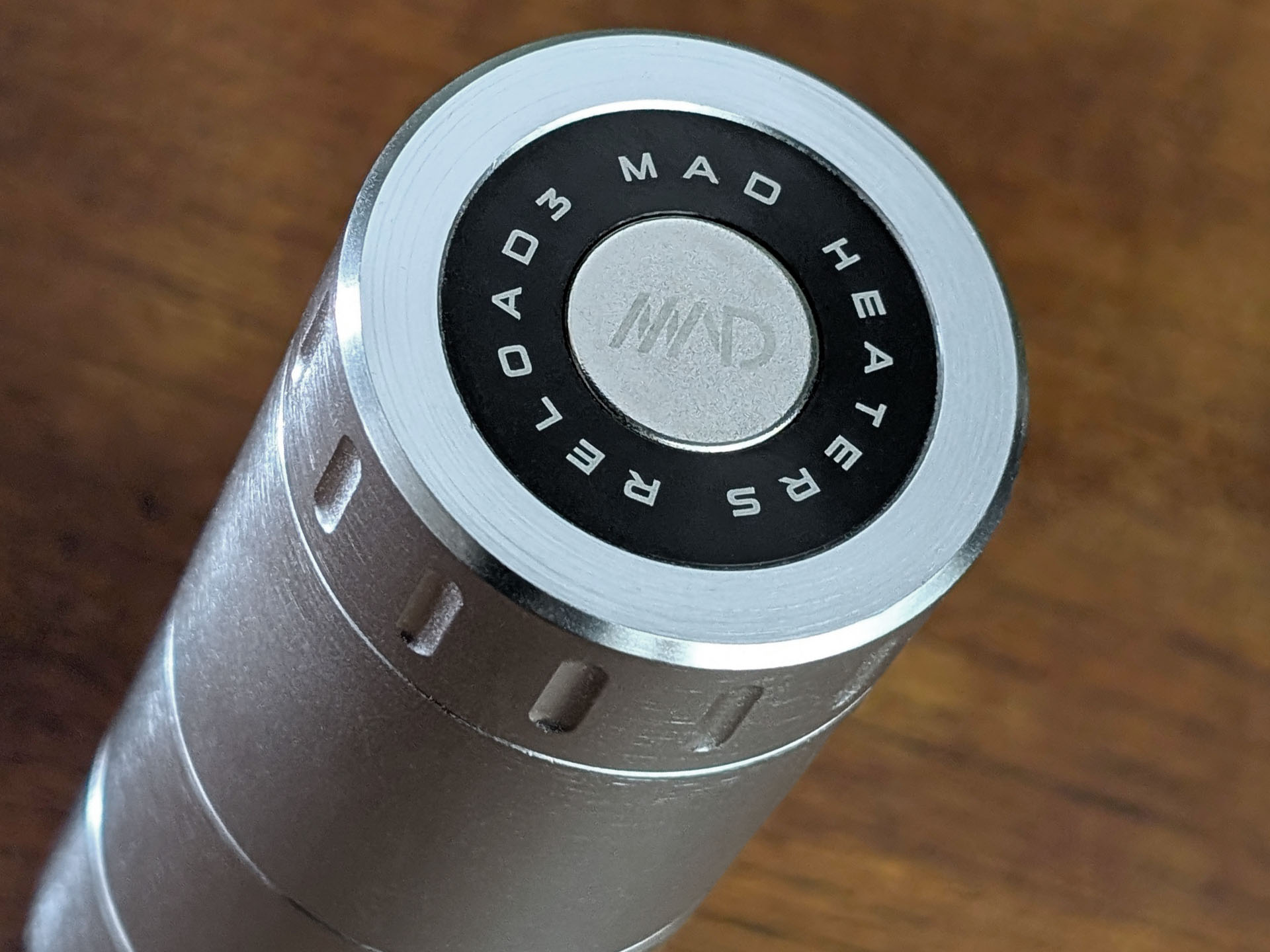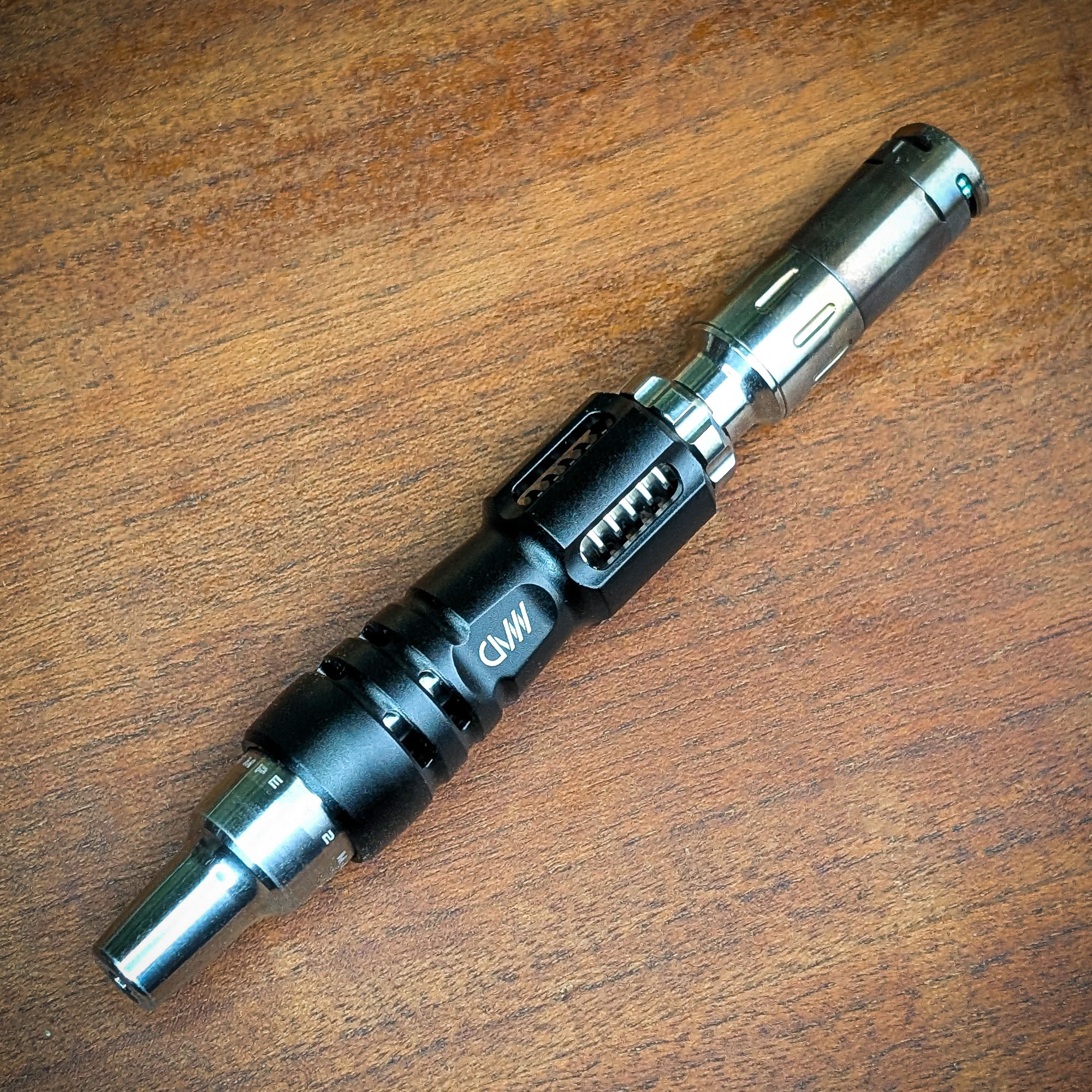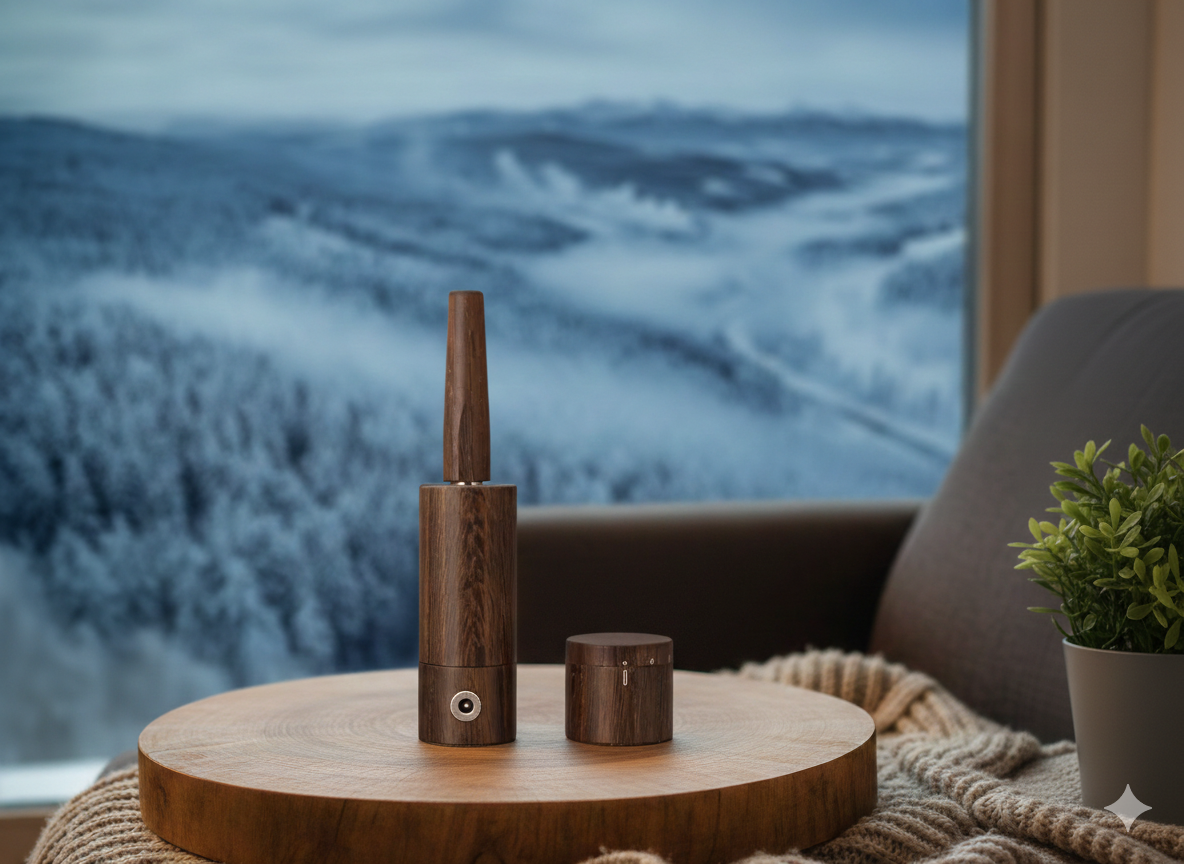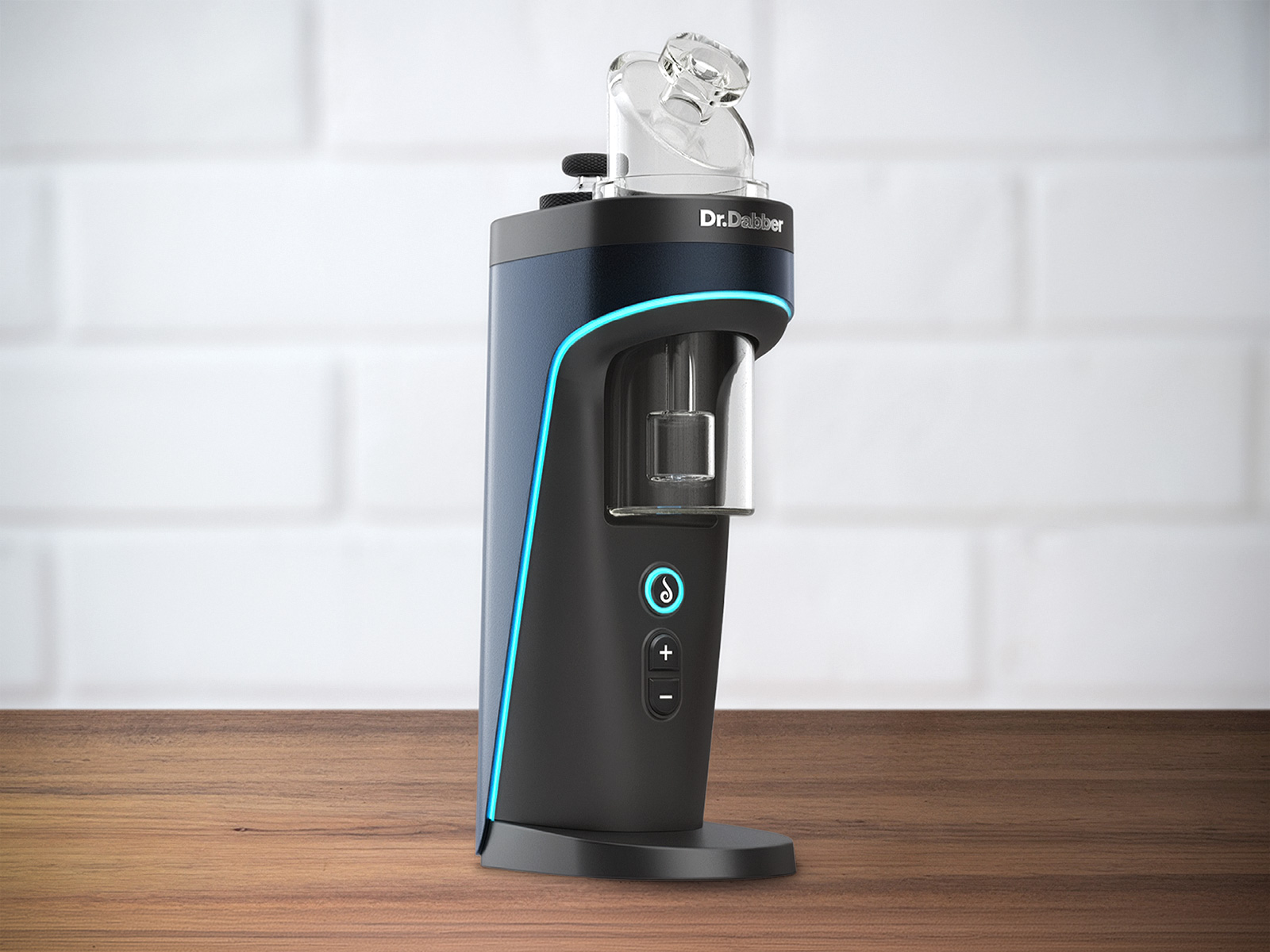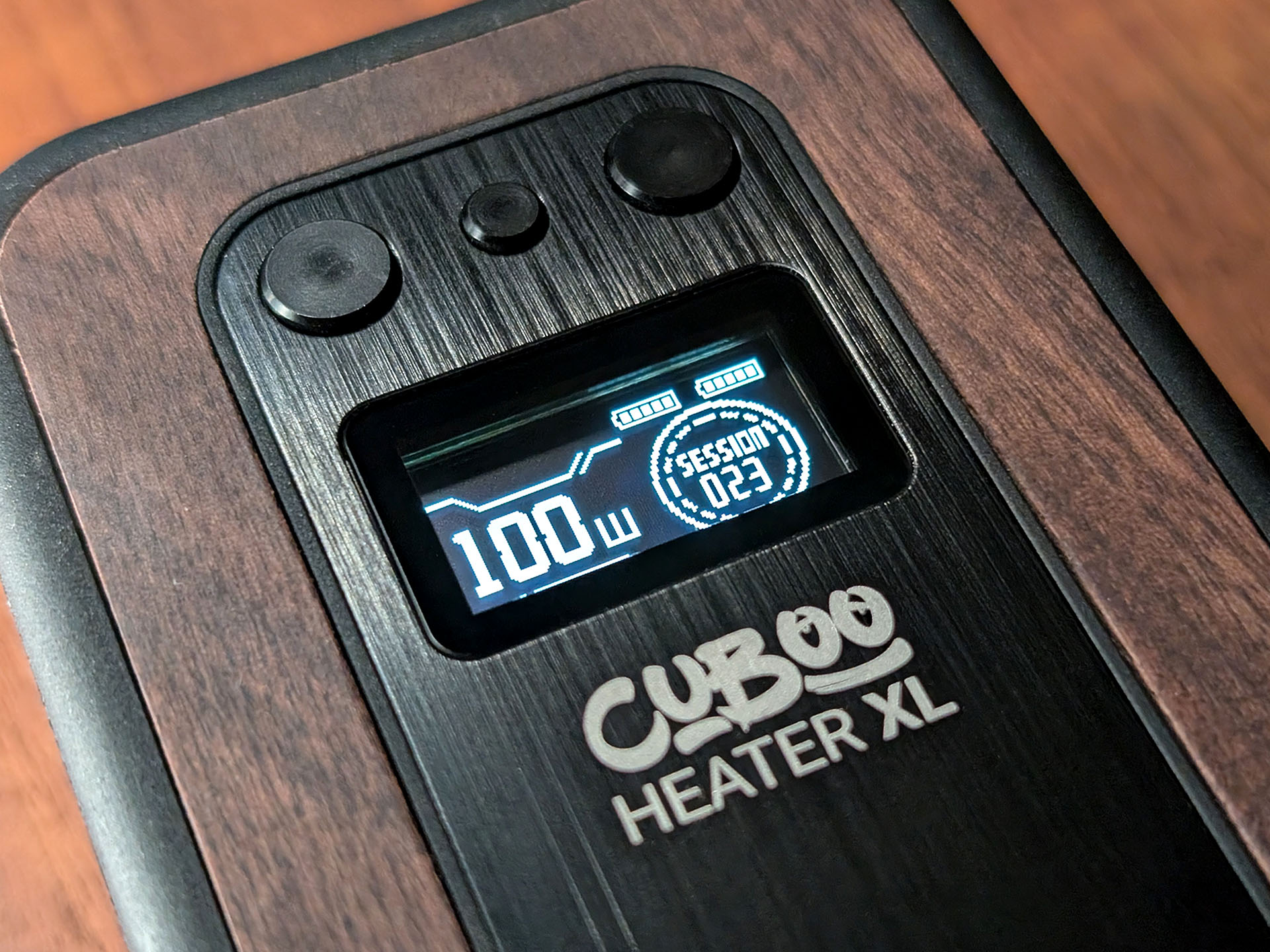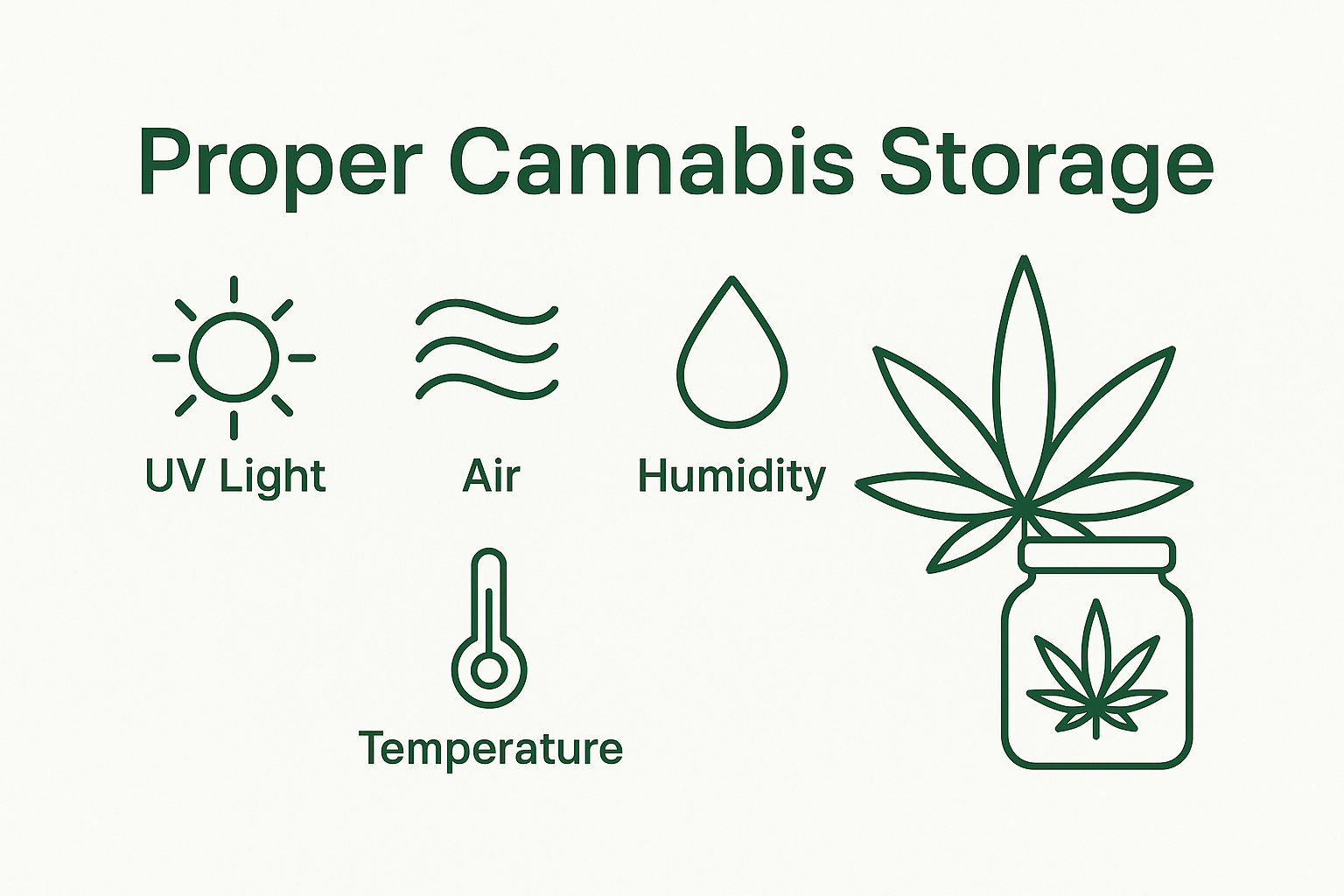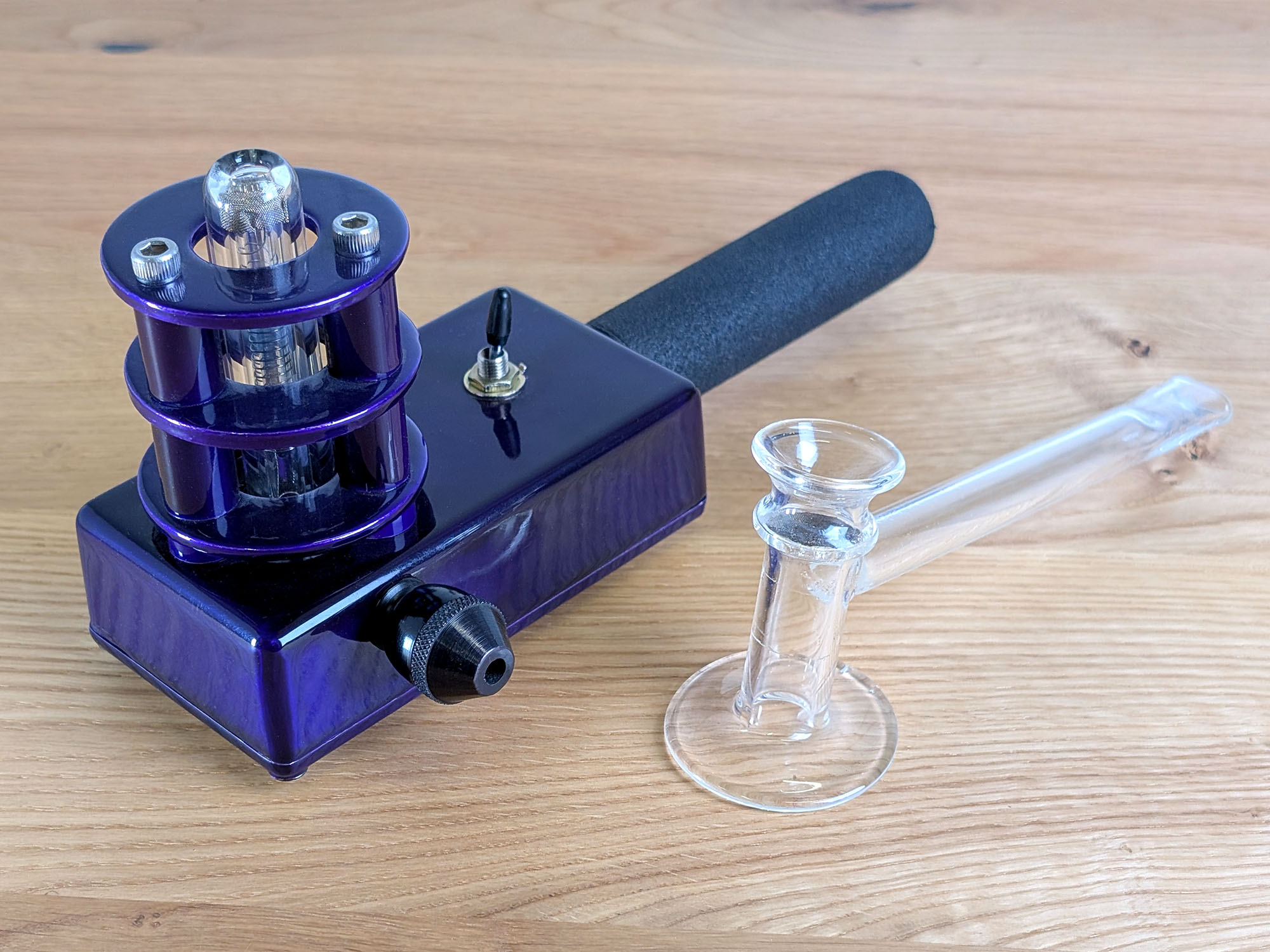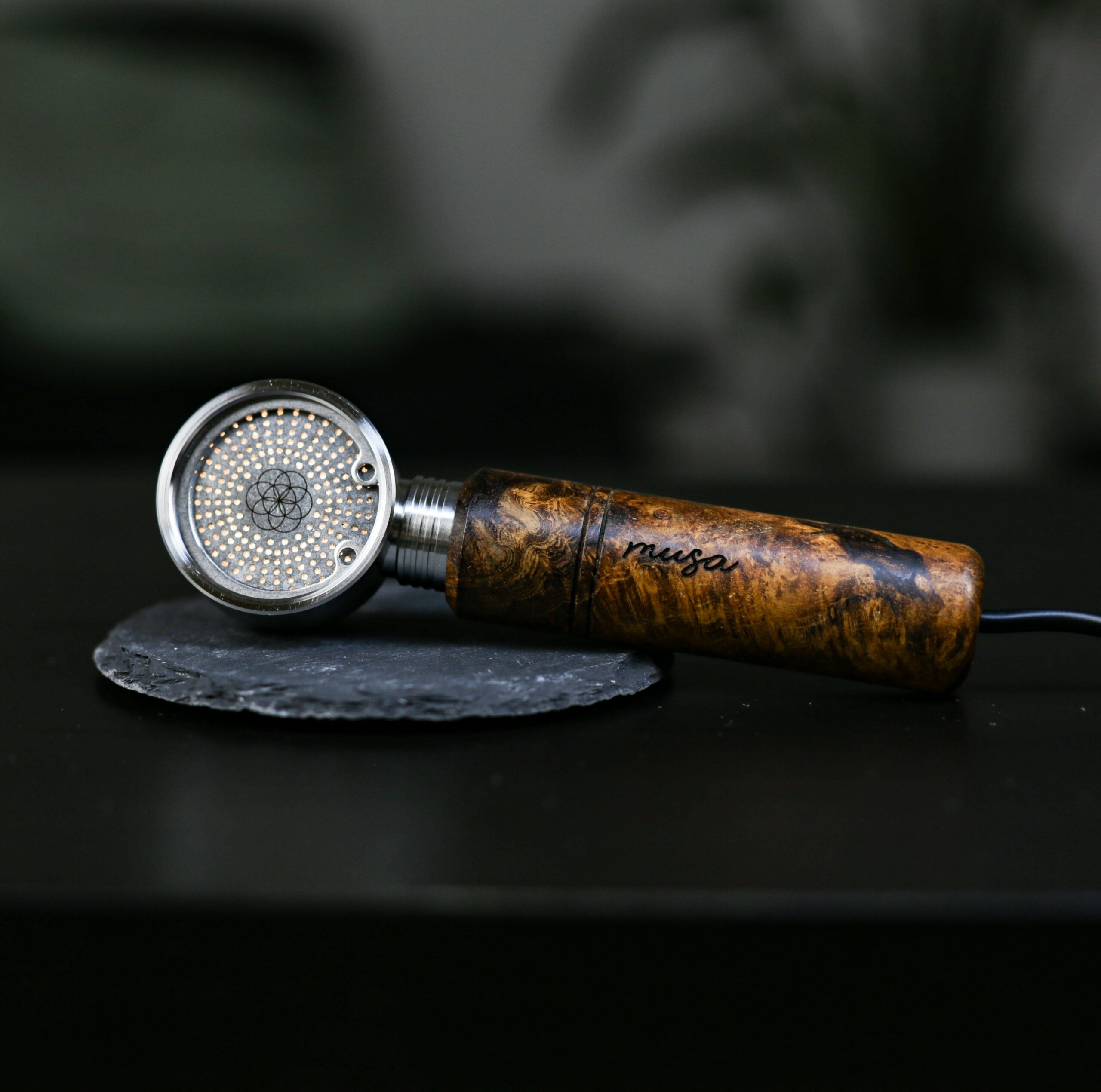In this guide, you will learn how the new phyto-inhalation with herbs – inhaling plant compounds using a vaporizer works. With this method, you can gently inhale the valuable compounds from herbs and medicinal plants. The heated airflow releases the active ingredients gently, without tar, condensate, or other harmful residues.
Phyto-inhalation – no smoke, no fire – but it works! Quote from the book „Phyto-Inhalation“ by Bert Marco Schuldes / Richi Moscher
With a good vaporizer, the desired compounds can be extracted from a relatively small amount of plant material at a specific temperature, creating a very intense flavor. Depending on the plant used, the aroma may vary significantly.
Inhaltsverzeichnis
Setting the Vaporizer for Phyto-Inhalation: How Herbs Release Their Effects
Depending on the plant, different temperatures need to be set on the vaporizer to reach the boiling point of the plant material, which is essential for effective phyto-inhalation.
The herbs, applications, temperatures, and effects listed below are for guidance only, as we are not scientists and have not conducted formal measurements. Depending on the moisture of the herbs and ambient temperature, other settings may be needed.
Boiling temperatures generally range between 130 °C and 235 °C. The heated airflow reaches the chamber either via a fan or lung power, warming the plant material so that it releases vapor. This vapor can be inhaled directly or collected in a balloon before inhalation.
Perfect for Herbs: Our Favorite Vaporizers
There are very different vaporizers, varying in operation and effect, so everyone can form their own opinion. We, however, fully recommend the devices in our shop, as we sell only selected and tested vaporizers.
Tabletop vaporizers with convection and a large filling chamber surface are best for phyto-inhalation. The spacious chamber evenly heats the plant material, while the balloon system collects and concentrates the vapor for comfortable inhalation.
This combination provides an efficient and pleasant experience, recommended for medical users with physical limitations.
Tabletop Vaporizers with Balloon System
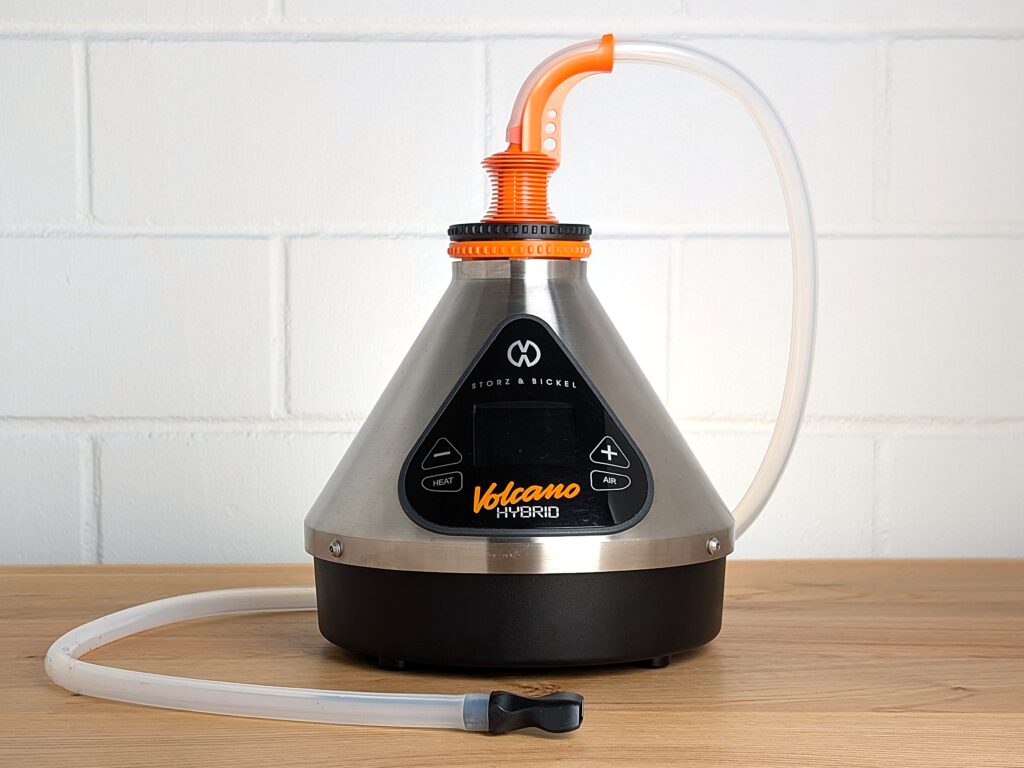
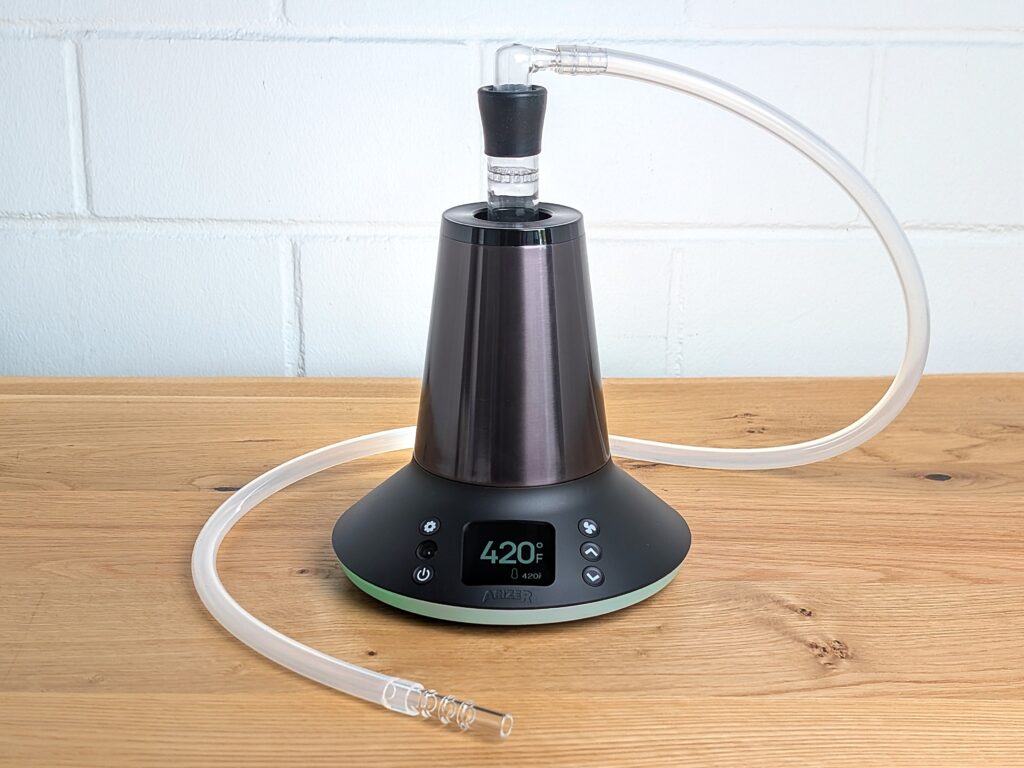
Tabletop Vaporizers with Large Filling Chamber
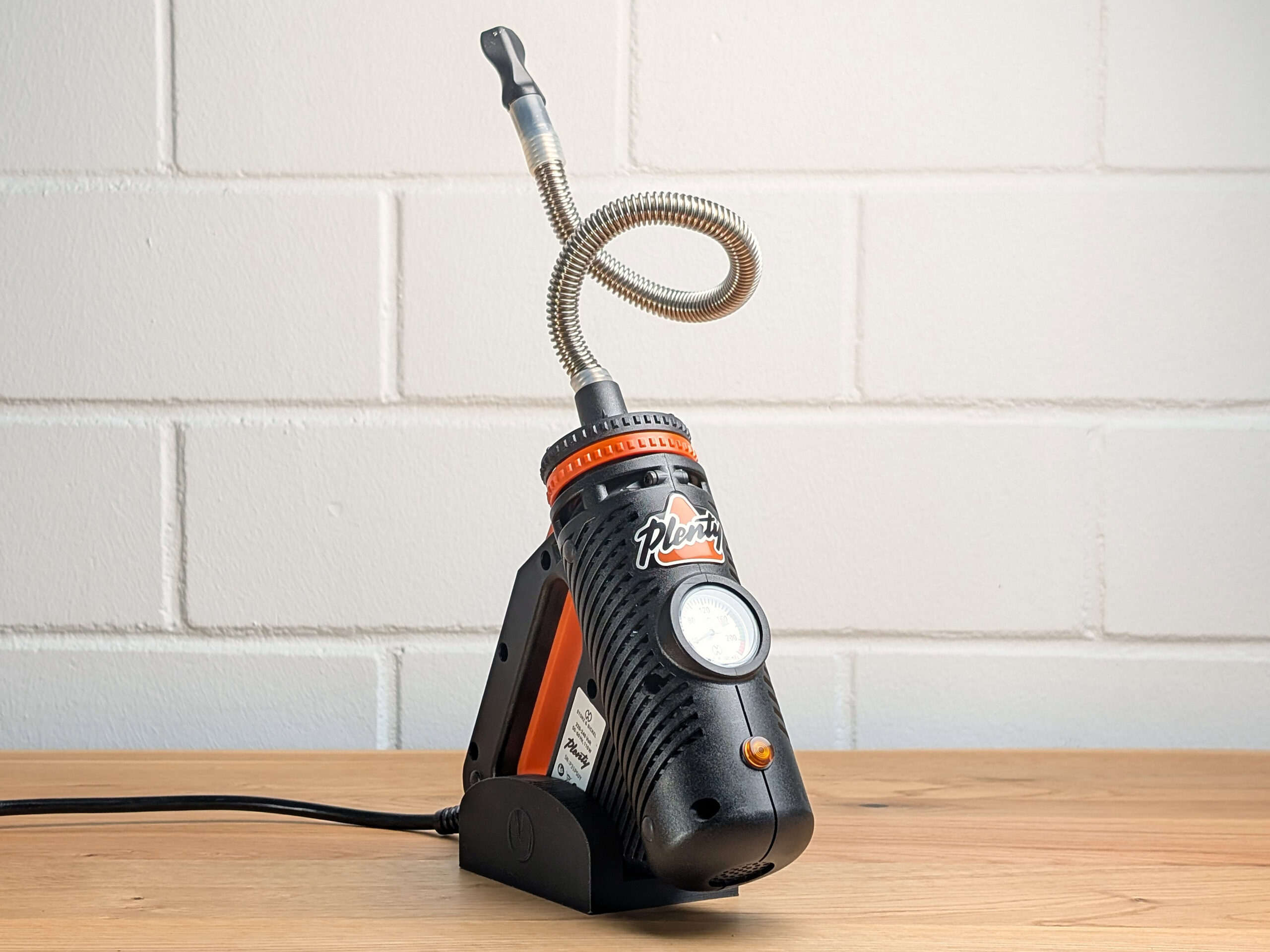
Portable Vaporizers
These models are ideal for on-the-go use. For the best experience, we recommend using two fillings to fully release the effects:
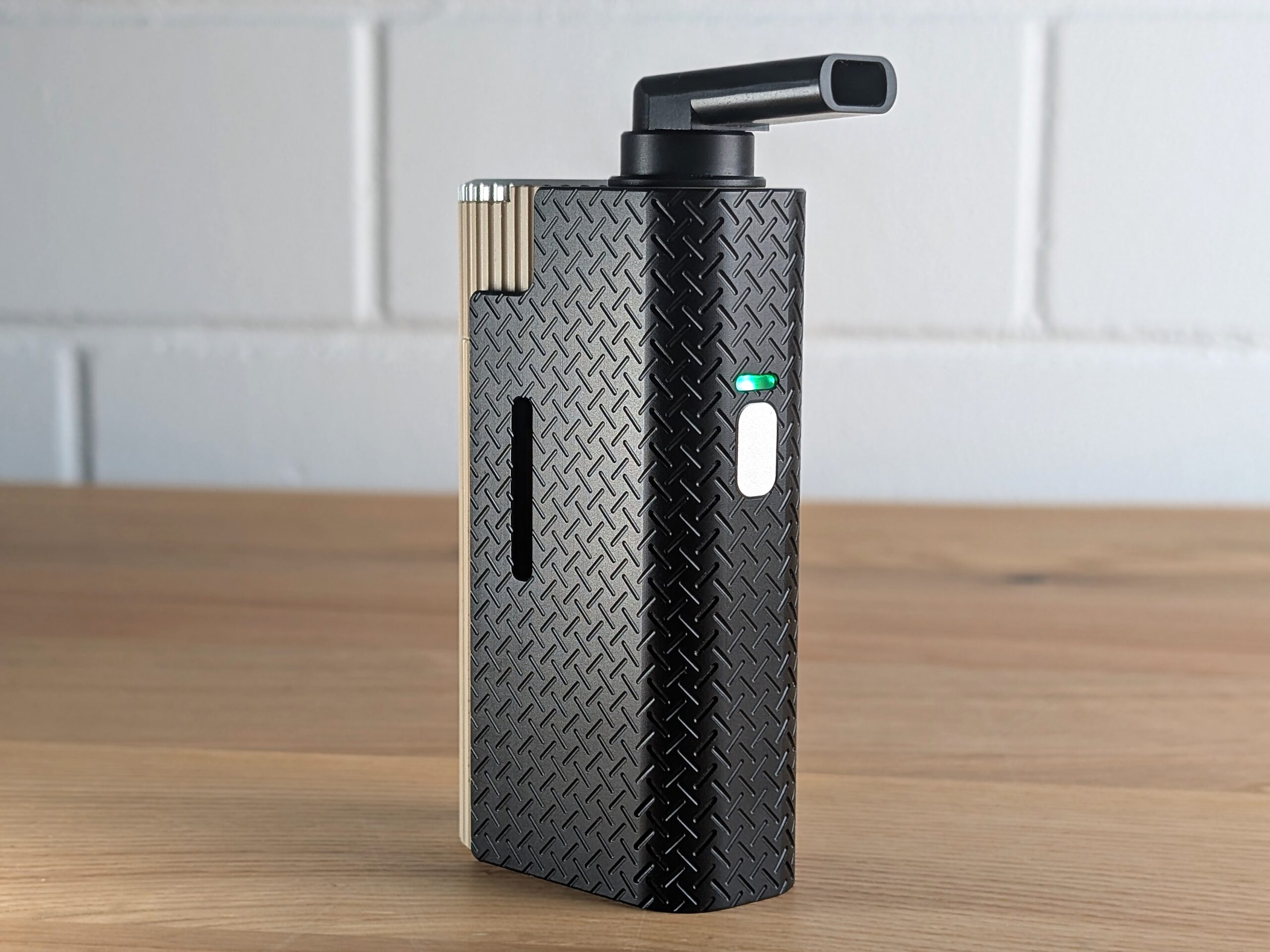
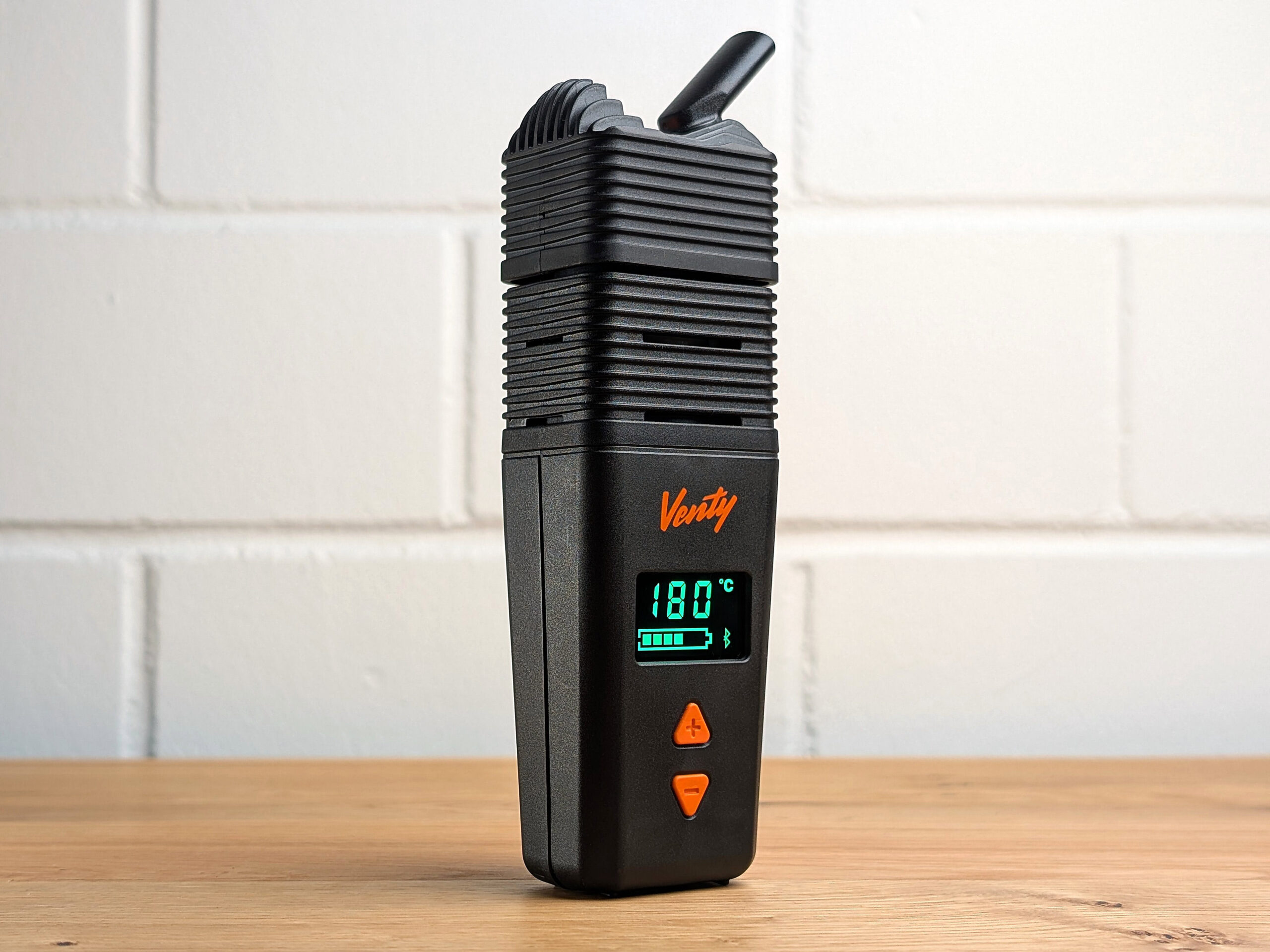
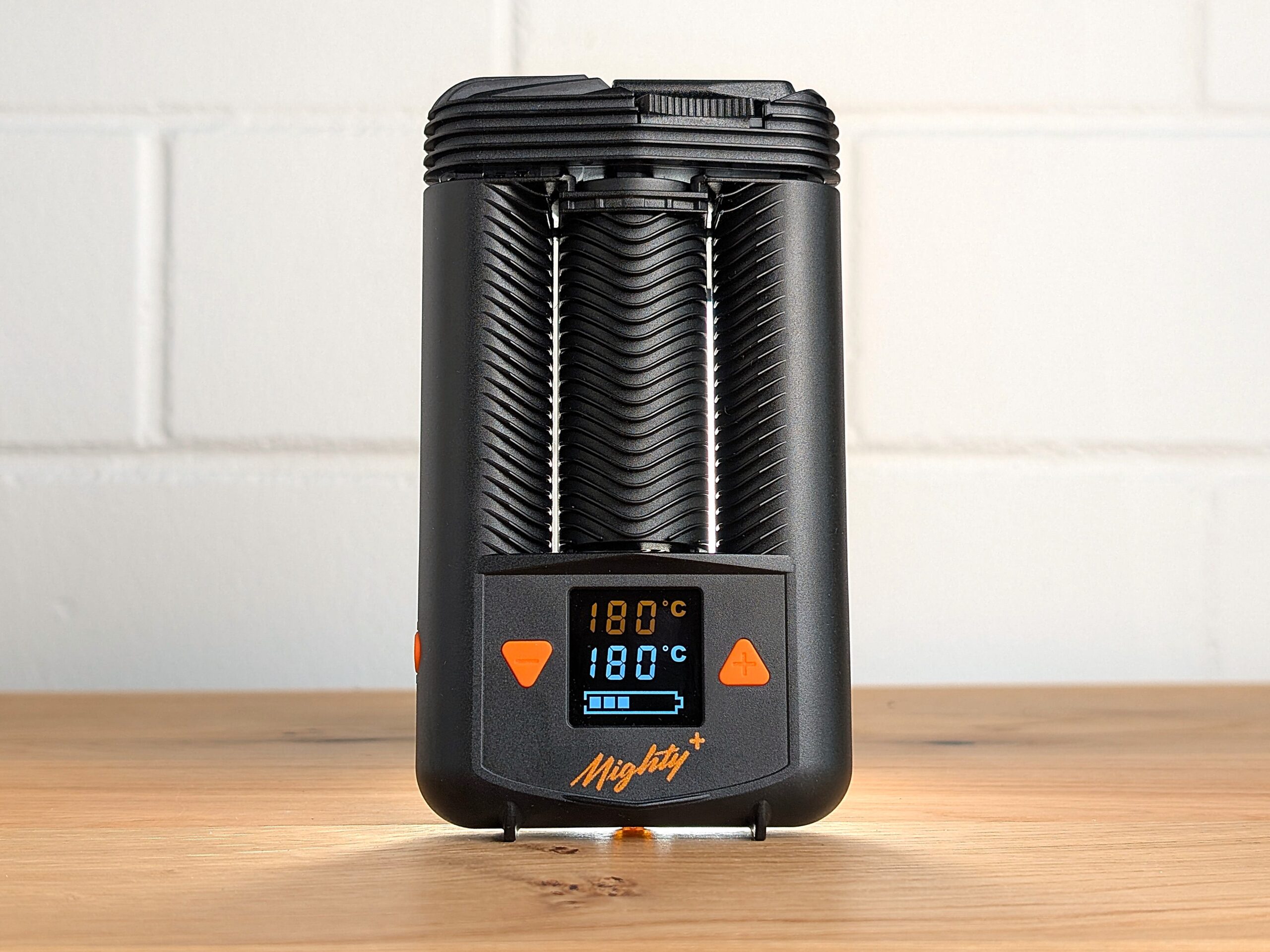
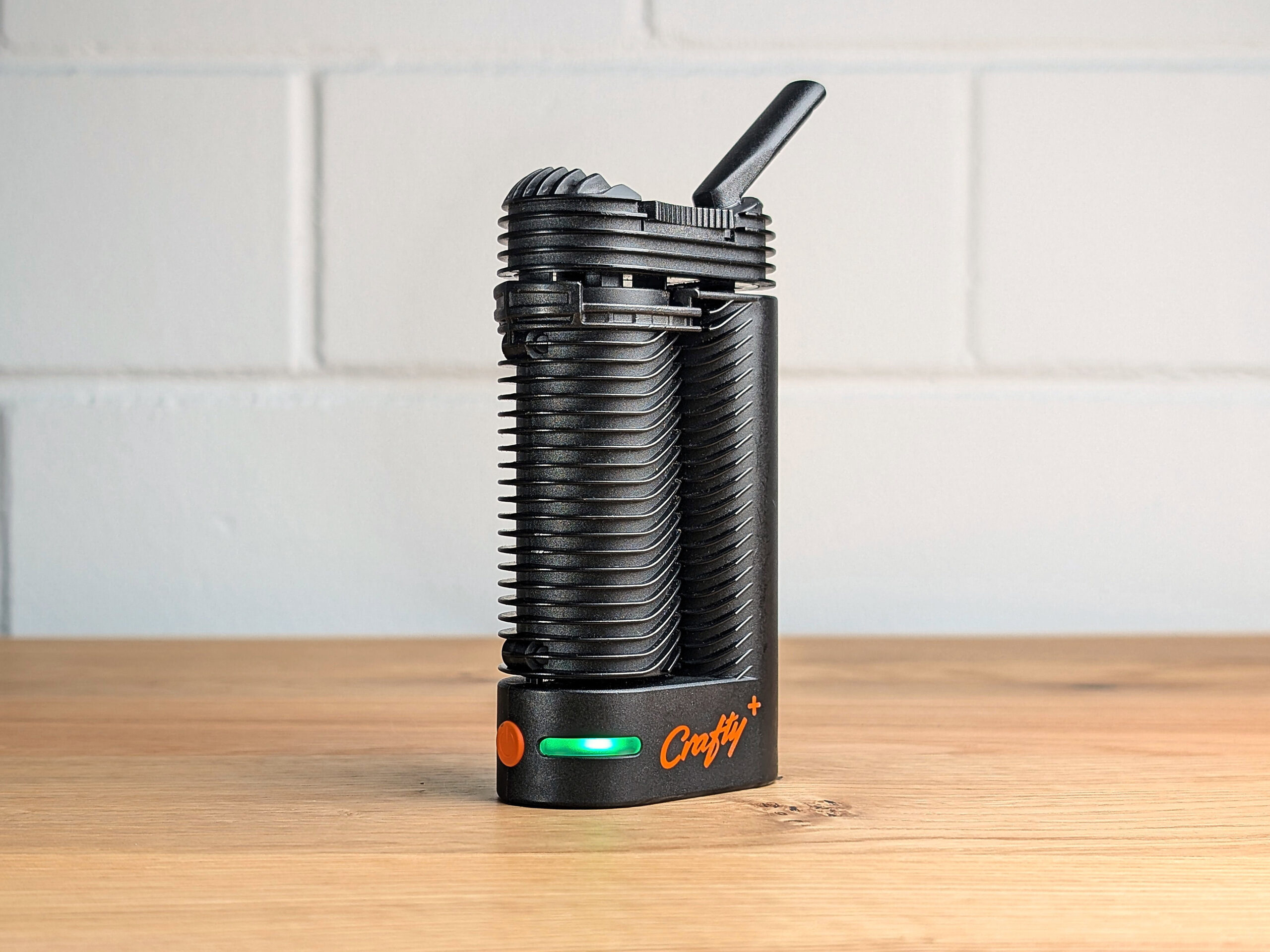
Medicinal Herbs and recommended Temperatures
In terms of taste, chamomile, sage, and mint are particularly pleasant, although not all herbs are equally enjoyable. Generally speaking, if it tastes good to us as tea or candy, it usually tastes good when vaporized as well.
Below, you will find some medicinal herbs along with information on their uses, effects, and boiling temperatures.
| Plant | Effects / Uses | Vaporizer Temperature |
| Damiana Leaves | Calming, relaxing, helps with lower abdominal pain, antispasmodic | 180 – 190 °C |
| Eucalyptus | Expectorant, antimicrobial, disinfecting; useful for colds, coughs, bronchitis | approx. 130 °C |
| Ginkgo Biloba | Dilates medium and small arteries and increases blood flow in the capillaries | up to 130 °C |
| Hibiscus Flowers | Thirst-quenching, laxative, diuretic, choleretic, antibacterial, antispasmodic; stimulates metabolism and supports detoxification; regular use may enhance well-being and strengthen the immune system | 130 °C |
| Hops | Calming; helps with depression, nervousness, and insomnia | 130 °C |
| Ginger | Clears the respiratory tract; helps with headaches, migraines, depression, and colds | 130 – 140 °C |
| St. John’s Wort | Depression, nervousness | 180 – 190 °C |
| Chamomile | Helps with respiratory issues, runny nose, coughs, colds | up to 190 °C |
| Catnip | Mildly euphoric; antibacterial, stimulating, invigorating, antispasmodic; can be used for colds | 100 – 160 °C |
| Lavender | Calming for insomnia; antidepressant; tonic for menstrual discomfort; anti-inflammatory for coughs, colds, and sore throat | 130 °C |
| Lime Blossoms | Soothes cough, mucolytic, antibacterial, antispasmodic, analgesic, anti-inflammatory | 130 °C |
| Lemon Balm Leaves | Relaxing, calming, sleep-promoting, mildly antispasmodic | 130 °C |
| Clary Sage | Antibacterial, analgesic, tonic, aids digestion | 190 °C |
| Passionflower | Analgesic, antispasmodic, anxiolytic, tonic | 190 °C |
| Peppermint | Choleretic, antispasmodic, supports gallbladder, liver, menstrual issues, respiratory relief, colds | 130 °C |
| Sage | Anti-inflammatory, disinfecting, antispasmodic, for cough, bacteria, sore throat; reduces sweating | 170 – 190 °C |
| Echinacea | Supports recovery from colds, coughs, bronchitis, flu; strengthens immunity; useful for skin conditions, abscesses, ulcers, minor burns, slow-healing wounds | 130 °C |
| Thyme | For respiratory illnesses with phlegmy cough; disinfecting; for stomach and intestinal issues | 170 °C |
| Woodruff | Calming, blood-purifying, antispasmodic; supports headaches and migraines in small doses; helps with insomnia and nervousness | 130 °C |
| Lemongrass | For aromatherapy or scent release | 130 °C |
Warning: Herbs and their active compounds can also have various side effects or interactions with other medications, substances, or foods. Please consult your doctor before starting any aromatherapy or herbal therapy. Not to be used during pregnancy and not suitable for children.
Now it’s your turn – discover your personal favorite herb and enjoy the full aroma with the best vaporizers for phyto-inhalation.

